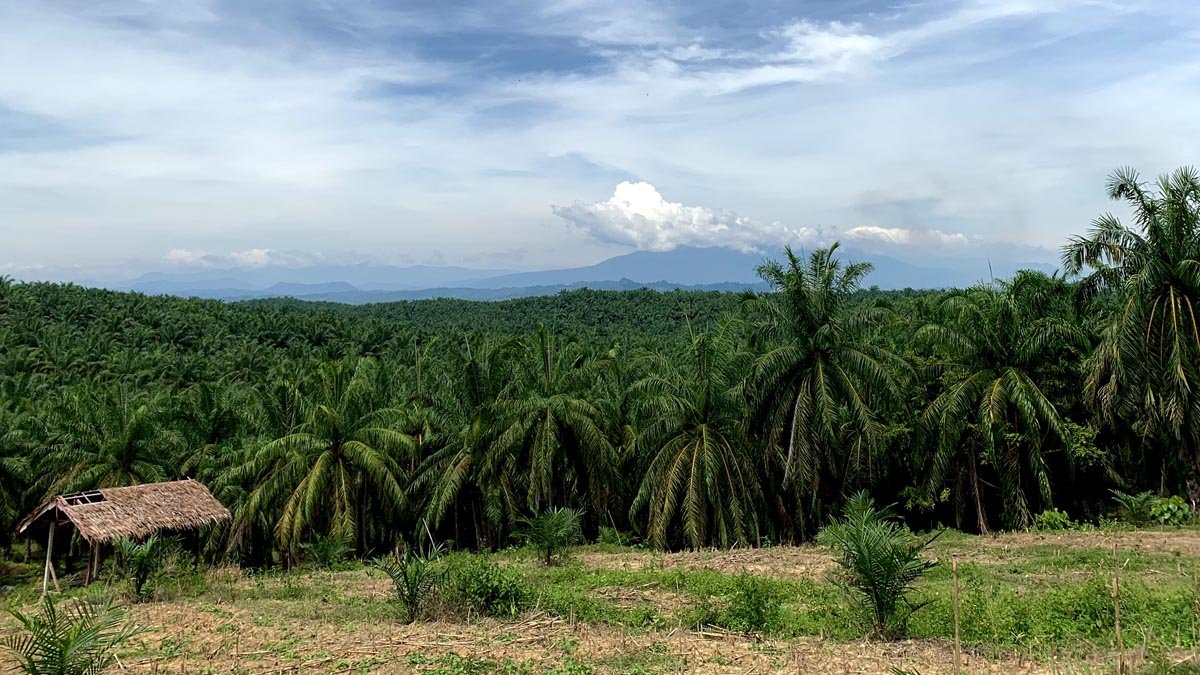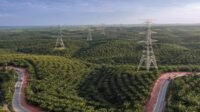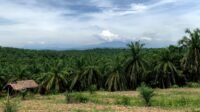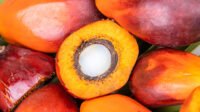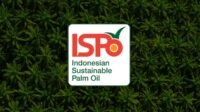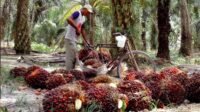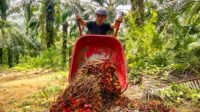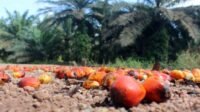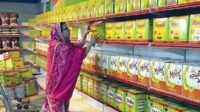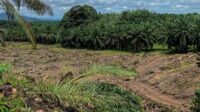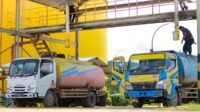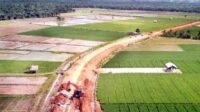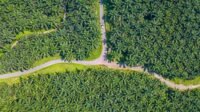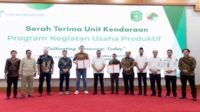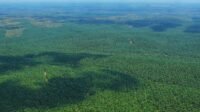PALMOILMAGAZINE, JAKARTA — The Indonesian government is shifting its strategy for national food security by planning to convert state-confiscated former palm oil land into soybean cultivation areas. The policy marks a new chapter in Indonesia’s long-standing effort to reduce dependence on imported soybeans—a commodity that has challenged the country’s agricultural sector for years.
Agriculture Minister and Head of the National Food Agency (Bapanas), Amran Sulaiman, said the government aims to gradually develop up to 1 million hectares of soybean farmland. Preparations, he noted, are being carried out with urgency.
“At six in the morning we’re already in meetings, and our field teams start even earlier. We are targeting one million hectares of soybean planting going forward, step by step,” Amran said in Jakarta on Friday (21/11/2025).
Unlike previous approaches that focused on optimizing existing agricultural land, the government is now prioritizing the use of ex-palm oil concessions seized by the state. These lands were obtained through enforcement actions led by the Attorney General’s Office’s Forest Area Enforcement Task Force (Satgas PKH).
“These new areas—land from seizures where palm has not yet been planted—will be allocated for soybeans,” Amran said, emphasizing the shift in policy direction.
Earlier, the government had transferred 833,413 hectares of ex-palm oil land to PT Agrinas Nusantara Palma (Persero) to manage operations.
Land Conditions Far from Ideal
Despite the vast land area on paper, the condition of the land poses significant challenges. Akbar Mulia, Manager of the Secretariat at PT Agrinas Nusantara Palma, explained that much of the land is severely degraded.
“From our field verification, 50% is heavily damaged, 30% moderately damaged, and only 20% is lightly damaged,” Akbar said during a press briefing at the Attorney General’s Office on Wednesday (9/7/2025).
The damages vary widely—from soil degradation and abandoned plantation clearings to areas requiring ecological restoration before they can serve as productive farmland.
The plan to plant soybeans on former palm oil land forms part of a broader national strategy to cut imports. Indonesia’s soybean demand—especially for the tempeh and tofu industry—remains almost entirely dependent on foreign supply.
Amran stressed that boosting domestic soybean productivity is essential if Indonesia is to avoid vulnerability to global price swings.
“This is about reducing imports and strengthening our food self-sufficiency,” he stated.
With extensive rehabilitation needed across large portions of the land, policymakers now face a major challenge: accelerating land restoration while ensuring that the soybean expansion plan moves beyond ambitious rhetoric and into tangible execution. (P2)

